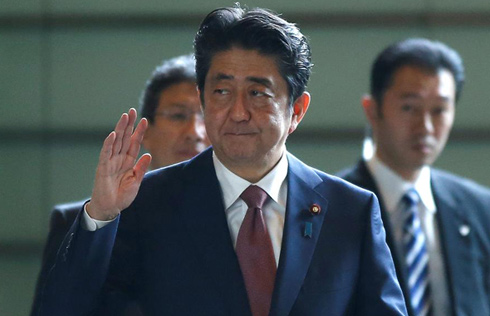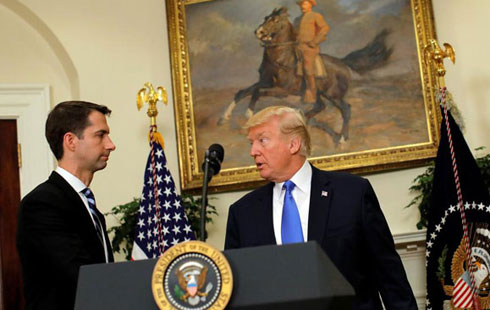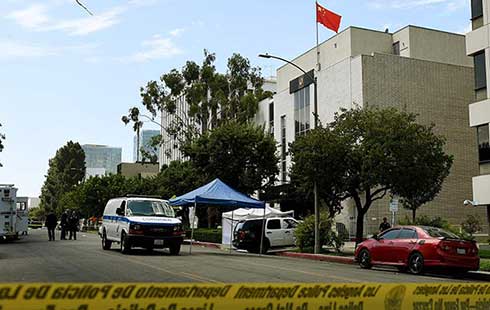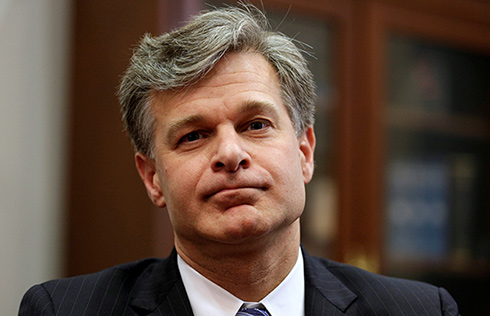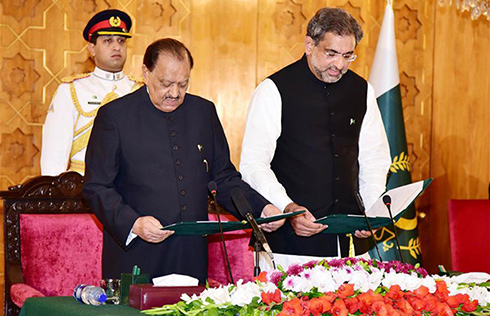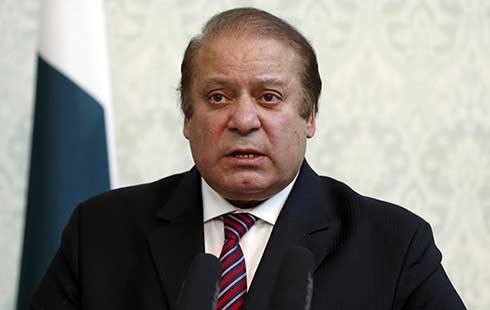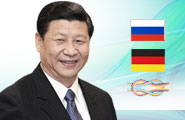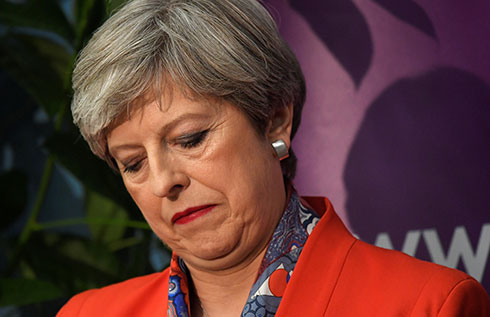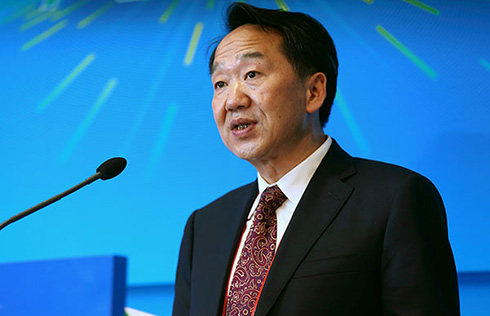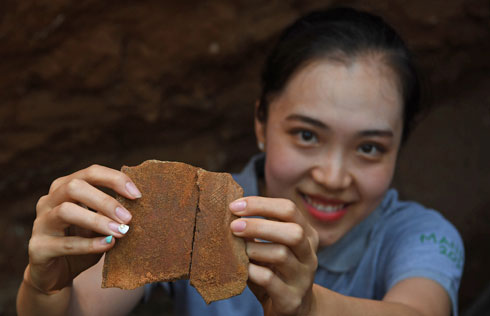US scholar: India should remember the history
US experts have urged Indian troops to withdraw from the intruded Chinese territory and also called the two countries to resolve the issue diplomatically.
Indian troops illegally crossed into the Sikkim section of the border between the two countries to Doklam, Chinese territory, in June, in an attempt to stop China's road construction going on there. The action drew strong protests from China.
New Delhi has described China's road construction as a "significant change of the status quo with serious security implications for India", citing its geographic proximity to its vulnerable "Chicken's Neck" — the narrow stretch of territory connecting the majority of India to its more remote northeast areas.
Chinese Foreign Minister Wang Yi told reporters in Bangkok on July 24 that it is very clear who is right and who is wrong in the standoff in Doklam, and that even senior Indian officials have publicly said that Chinese troops have not intruded into Indian territory.
"In other words, India admitted that it has entered Chinese territory. The solution to this issue is simple, which is that they behave themselves and withdraw," Wang said, as quoted in a Chinese foreign ministry's statement.
Jon Taylor, a professor of political science at the University of St Thomas in Houston, said the Indian military breached both international law and treaty convention by entering Chinese territory shortly after their Prime Minister Narendra Modi visited the US.
"The incursion can be viewed as part of a greater strategic competition between China and India, one that is influenced by Trump's push for a closer partnership with India," he said.
Taylor said that despite India's actions, China has remained restrained and tolerant. "I believe that this is because China wishes to preserve friendly China-India relations," he said, adding the need for a swift resolution of the issue is clear.
But he said India does not understand the breadth of China's established presence on the Donglang(Doklam) Pass, nor its resolve to maintain its presence in the Donglangregion since it is indisputably a part of China's territory and under its effective jurisdiction.
"India would do well to remember China's response and resolve during the 1962 border war. Continued provocations could lead to a much wider, and uglier, conflict that would inevitably result in a Chinese victory, again".
Ryan Hass, a foreign policy fellow at the Brookings Institution, said although the timing and final contours for resolving the dispute remain as yet unknown, there is cause for cautious optimism that the two countries have the wisdom to peacefully resolve the dispute.
"Chinese and Indian leaders are among the most talented and creative diplomats in the world," he said.
"Beijing and New Delhi would benefit by focusing their energies now on creating a conducive environment for peaceful solutions to emerge," said Hass, who served as director for the Chinese mainland, Taiwan and Mongolia at the National Security Council in the Obama administration.
Ted Carpenter, a senior fellow of defense and foreign policy studies at the Cato Institute, said the dispute should be addressed through patient, creative diplomacy by Beijing and New Delhi. "Both governments need to make resolving this troubling issue a very high priority," he said.
Hass said the US could use the dispute as an opportunity to clarify privately for both China and India its strategic interest in stable and productive relations between the two Asian powers.
"Beyond that, the United States should avoid involving itself in the dispute, either privately or publicly, as any such involvement likely will not help to calm tensions, but could have the unintended effect of hardening each side's position as well as souring US relations with one or both of the disputants," he said.
The US has not taken a side so far. State Department spokeswoman Heather Nauertsaid on July 18 that the US is concerned about the ongoing situation there, saying both sides should work together to try to come up with some better sort of arrangement for peace.






